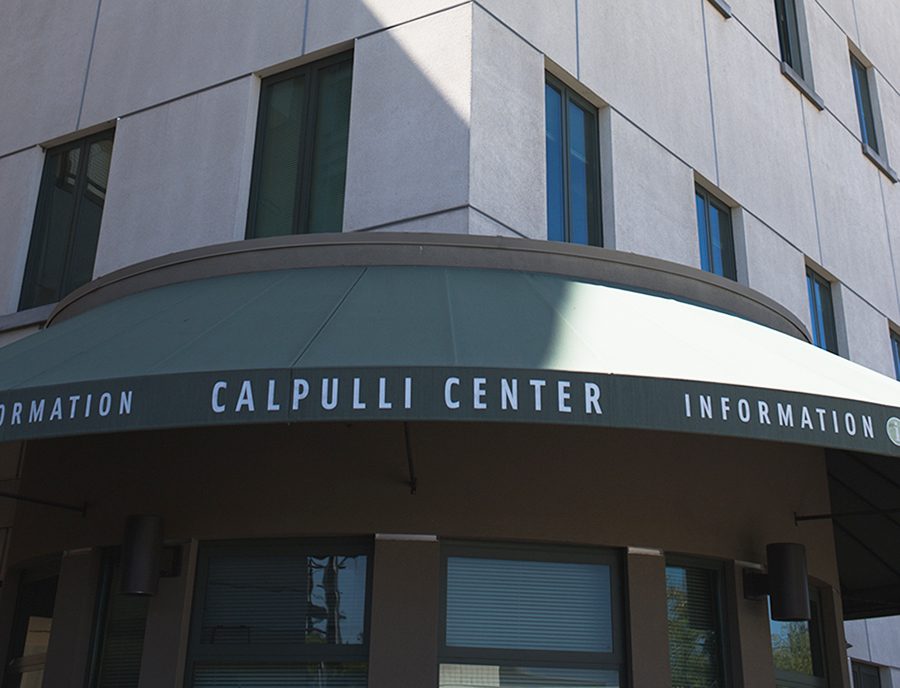A total of three San Diego State students have been diagnosed with viral meningitis, officials from the San Diego County Health and Human Services Agency said.
Craig Sturak, an agency spokesman, said in an email that the three students were all diagnosed with enterovirus, one of the more common forms of viral meningitis. There were no reported cases of the more deadly bacterial form of meningitis that killed an SDSU student in 2014.
An email sent to students from Dr. Cynthia Cornelius, the medical director at SDSU’s Student Health Services, briefly explained the difference between the two forms of meningitis.
“The primary difference between viral and bacterial meningitis is that most individuals who contract viral meningitis see improved health within 7 to 10 days while bacterial meningitis can lead to serious or severe health complications that do not typically resolve on its own,” the email said.
San Diego State students said they are taking precautions after news of the illness spread.
Computer science freshman Frank Gomez said he’s washing his hands more regularly and making sure not to share drinks.
“Definitely, that’s not something that I want to get,” Gomez said.
Journalism junior Su Aw said she hasn’t heard much about the meningitis cases. “I check my email religiously and I did not get an email.”
“To be honest, I don’t really know much about meningitis but if it’s a health concern for one person, it should be a health concern for everybody,” Aw said. “Since I’m an international student, I was told that I had to get the shot before I enrolled.”
She said she generally just tries to keep clean in order to prevent getting ill.
Biology sophomore Emma Roberts said she heard about the meningitis cases through one of her friends.
“I’m a commuter to campus so I don’t live around the area,” she said. “I guess it’s a little concerning for the people that can catch it in the dorms and stuff like that. That scares me especially because I know a few freshmen and I don’t want them to get sick.”
Roberts said she is doing what she normally does in order to ensure she doesn’t get sick: washing her hands, not sharing drinks as well as not sharing food.
Cornelius said in the email that students who experience symptoms such as a sudden onset of fever, headache, stiff neck, nausea, vomiting, photophobia or altered mental status should seek a medical provider as soon as possible.
She said people can avoid spreading viruses by eating healthy, staying hydrated, exercising, managing stress, getting plenty of sleep, covering your mouth and nose when coughing or sneezing,not sharing cups or utensils and washing your hands with soap and water as well as seeking medical care when ill.
Sturak said County Public Health Services does not have statistics for the number of students at SDSU who are vaccinated for meningitis.
SDSU students are not required to be vaccinated against meningococcal meningitis, but it is recommended, especially for freshmen living within the residence halls.
There have been 94 cases of viral meningitis in San Diego County in 2017 so far, according to County Public Health Services. In 2016, there were a total of 133.
Students who are concerned about contracting meningitis or other seasonal diseases can utilize the Student Health Services at SDSU during their normal business hours, which are Monday through Friday, from 8:30 a.m. – 4:30 p.m. They can make appointments by calling (619) 594-4325.










